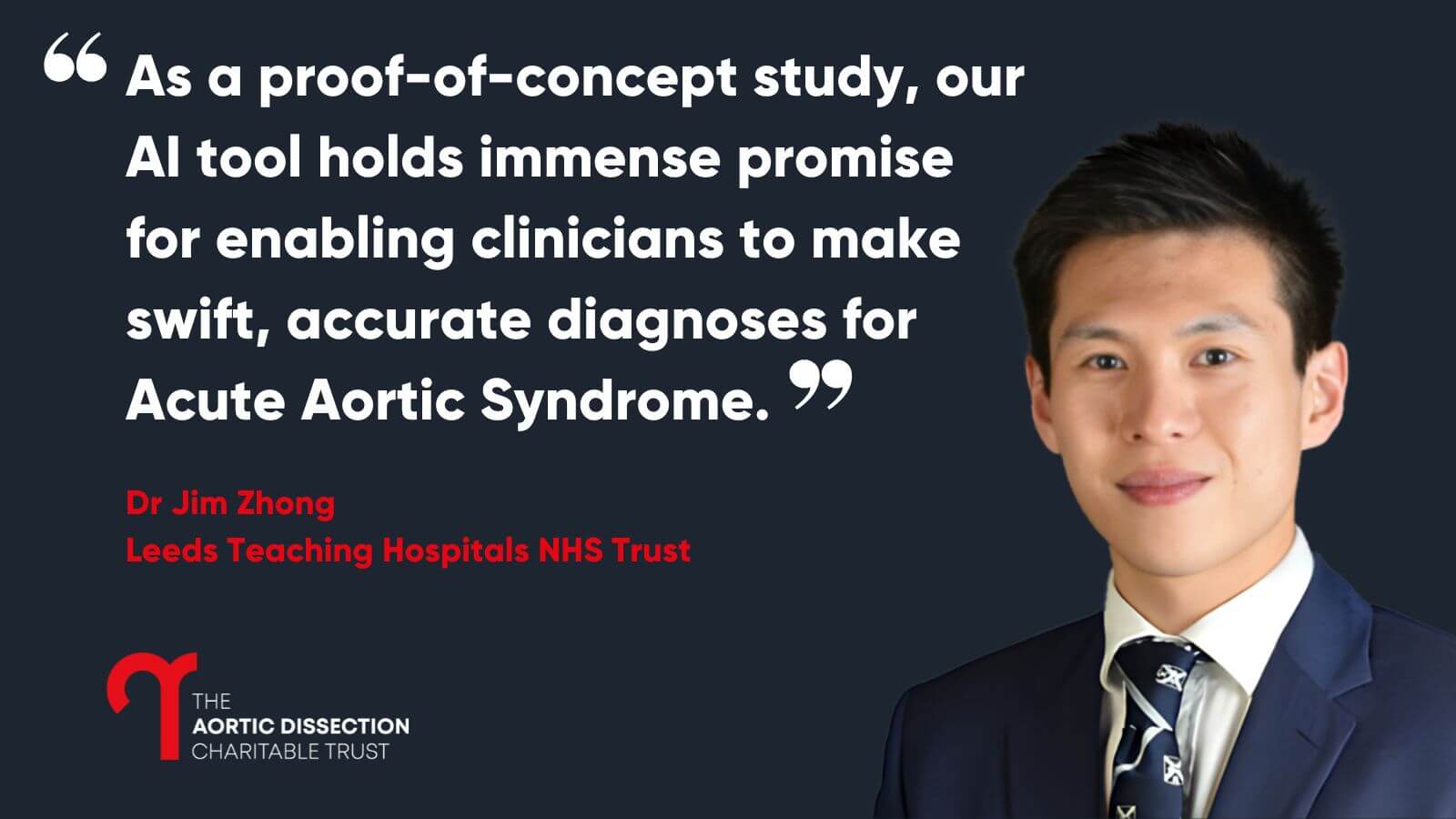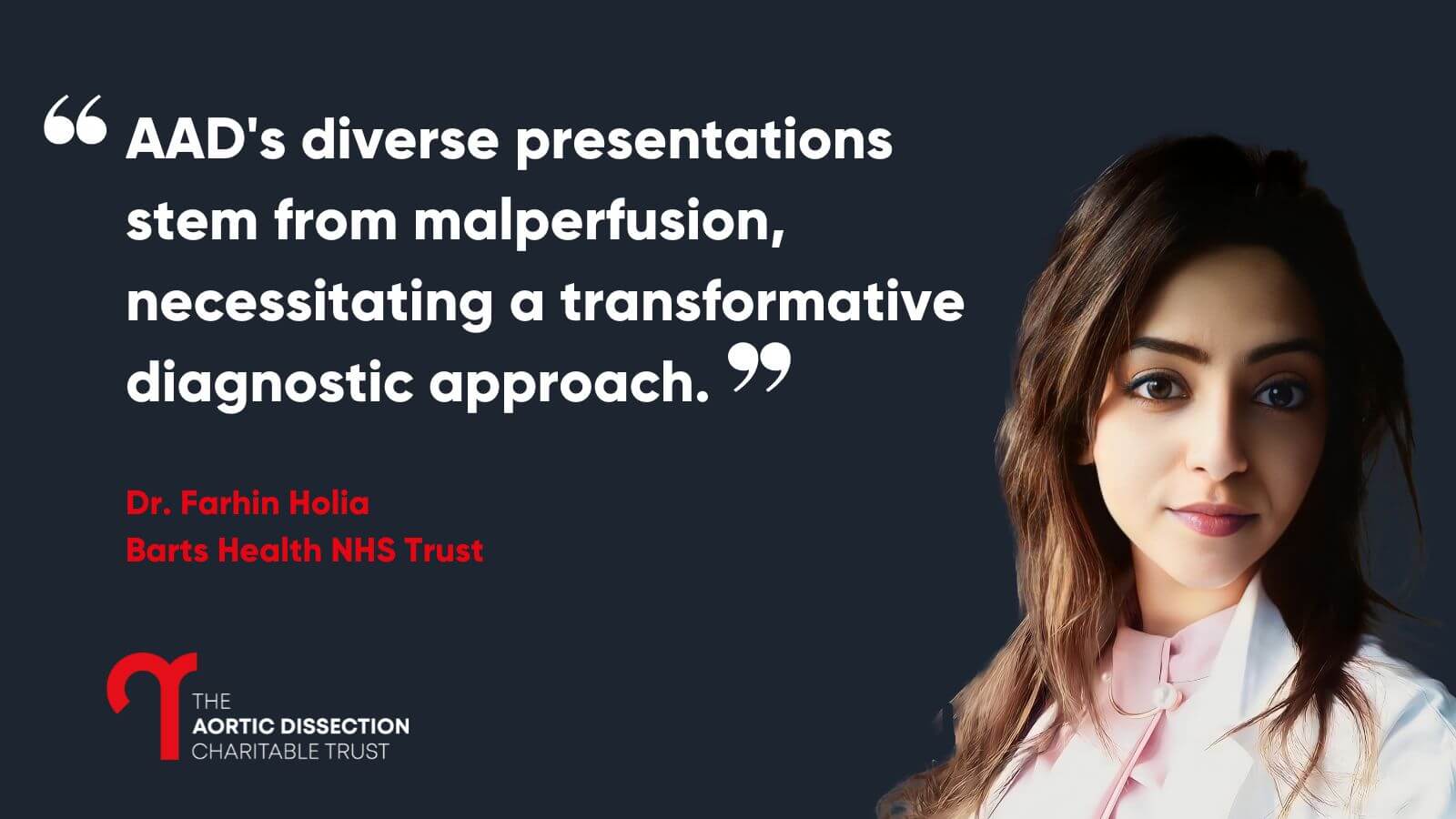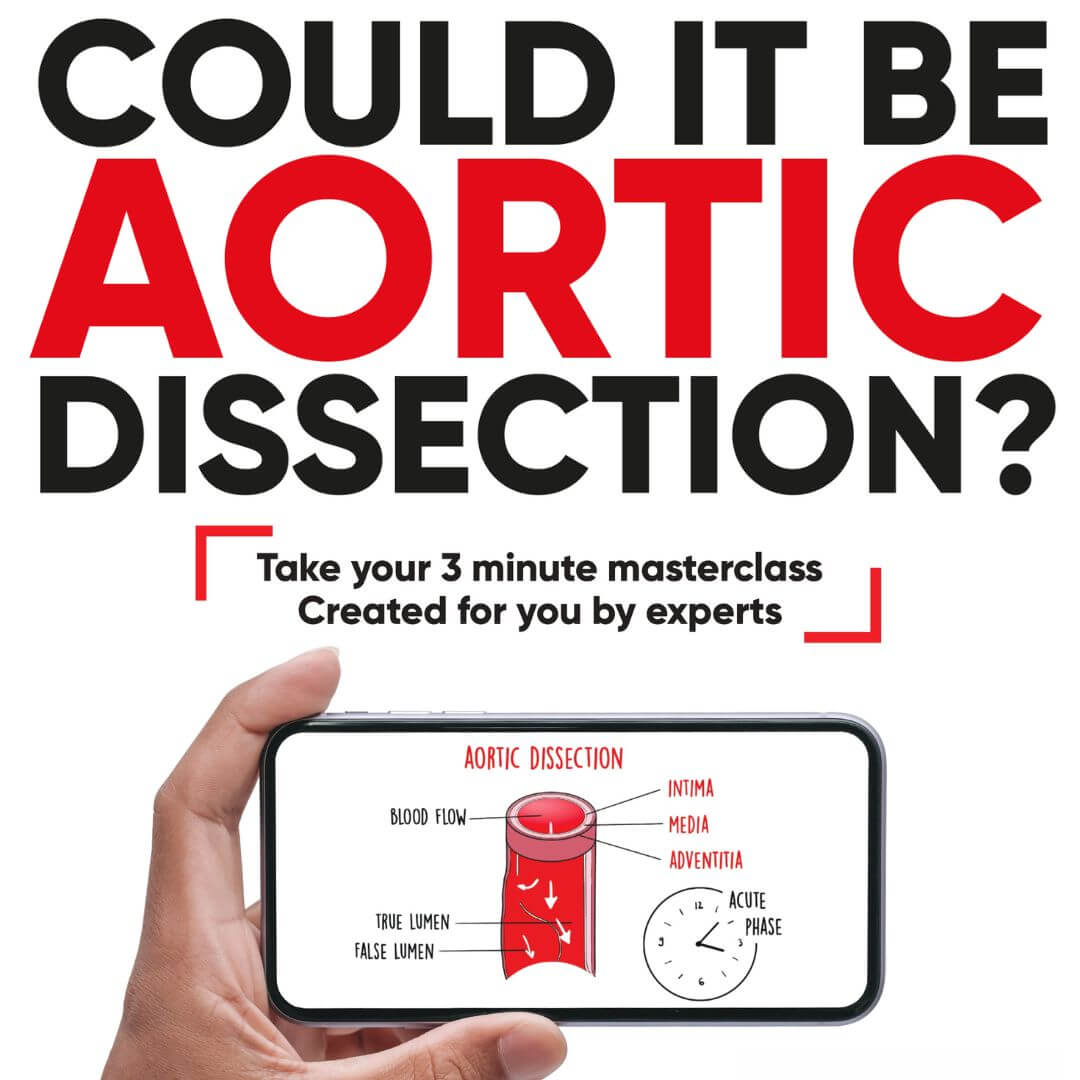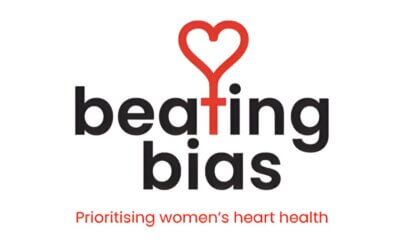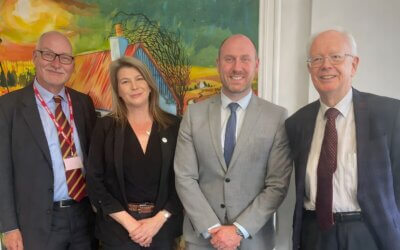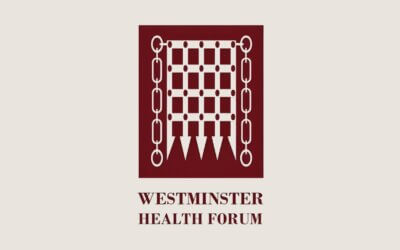We are pleased to announce that the recipients of the 2023 research grants have been selected. This year’s grant-winning projects demonstrate a concentrated effort on research dedicated to enhancing the diagnostic tools for aortic dissection. Through a rigorous selection process, these projects were chosen for their innovative approaches, potential for clinical application, and alignment with ongoing efforts to improve patient outcomes in this critical area.
Both Steve Barclay MP, the Secretary of State for Health and Social Care, and Lord Kakkar KBE, Chair of the UK Biobank, commended the invaluable contributions of the Aortic Dissection Charitable Trust community in advancing research and awareness for aortic dissection.
NHS Progress and Ongoing Efforts
Steve Barclay MP, opened the event, highlighting the severity of aortic dissection and bringing into focus the work still to be done in raising awareness within both the public and medical community. He pointed out concrete actions taken by NHS England, saying,
“NHS England adjusted the triaging systems to better recognise chest pains caused by aortic dissection.”
This is a crucial shift that will speed up the diagnosis process and significantly improve patient outcomes.
He went on to praise the recent collaborative efforts between the Trust, DHSC, and NHS England to form a new working group focused on developing an Elective Aortic Dissection Toolkit. He concluded by saying,
“There’s a lot of work to do, but by doing it together, we can build a brighter future for patients with aortic dissection.”
Pivotal Role of Genetics
Lord Kakkar KBE, provided key insights into how the UK Biobank’s large-scale biomedical database serves as an invaluable resource for medical research, particularly for aortic dissection. He noted that 11 publications have been released in recent years using Biobank data, each focusing on aortic dissection. This demonstrates the Biobank’s direct impact on both our understanding and potential treatment of the condition.
He also highlighted the urgent need for more research to improve patient outcomes. While he emphasised that awareness and education are essential, he stated that it’s research that adds substance to these efforts.
“Research is critically important in helping us better understand the pathophysiology of aortic dissection.”
Award 1 – AORTA-AI
The AORTA-AI project is set to revolutionise the diagnosis of Acute Aortic Syndrome (AAS) through AI and Machine Learning. It aims to cut down diagnostic delays by creating an AI-driven decision support system. The research will use data from over 6,000 patients to provide medical professionals with immediate, actionable insights for treating AAS effectively. If successful, the tool could become a standard part of emergency department assessments, reducing errors and potentially saving lives.
Award 2 – PanDAMAAS
The Pan-London Decade-Long Analysis of Misdiagnosis of Acute Aortic Syndromes project focuses on the issue of AAD misdiagnoses within Barts Health NHS Trust. Utilising a decade’s worth of data, the project aims to quantify the incidence of missed or delayed AAS diagnoses across London hospitals. It seeks to identify common factors that contribute to such errors, such as atypical symptoms or biases in investigations. Another goal is to evaluate the effectiveness of diagnostic tools like the D-Dimer test and AAD-RS. Ultimately, the project aims to improve NHS educational programmes and diagnostic approaches for AAS to prevent future misdiagnoses.
A Heartfelt Thank You
We offer congratulations to both award winners. Your dedicated research projects not only hold the potential to transform our understanding of aortic diseases but also to save lives through better diagnosis and treatment. Well done on your outstanding contributions.
We cannot overlook the incredible community of fundraisers who made these research grants possible in the first place. Your tireless efforts to raise money have provided us with the essential funding to support ground-breaking research in the area of aortic dissection. Your contributions truly make a difference, and for that, we are profoundly grateful.
A sincere thank you must also go to all the projects that applied for the grants. Your commitment to advancing knowledge in this critical area of healthcare does not go unnoticed, and we appreciate the time and effort that went into each application.
Looking ahead, research grants for 2024 will open in the spring of next year. We encourage you to join our research panel if you would like to be involved in future projects. Your participation plays a key role in pushing forward important aortic disease research.

